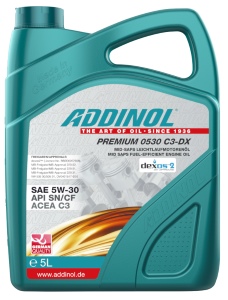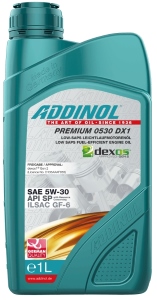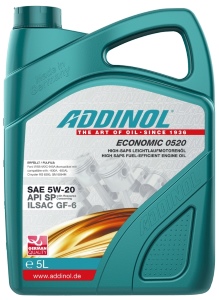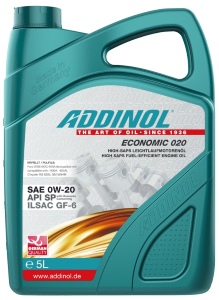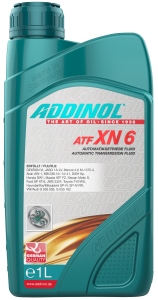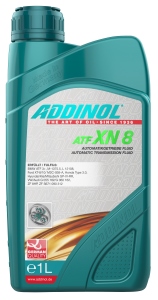


Oil for hybrid cars
Hybrid cars are powered by a combination of combustion engine and electric engine. In a way, they are a fusion of classic gasoline or diesel car and electric car. In light hybrid variants such as micro-hybrid or mild-hybrid, the electric engine only supports the start-stop function or when starting in the low speed range. In these hybrid versions, the battery has a low capacity and is charged by a current generator connected to the combustion engine or via an energy recovery system (recuperation). This reduces fuel consumption and improves the efficiency of the drive.
For plug-in hybrids, the battery can also be charged from the mains. This then has a much greater capacity. The combustion engine remains the main drive, especially over longer distances. However, the car is no longer supported by the electric engine only when starting up in the sense of an acceleration reserve. Up to 60-80 kilometres of purely electric driving is possible today with plug-in hybrids. As a result, hybrids are on average locally lower in emissions than pure combustion engines. On short journeys and in urban traffic, sometimes no fuel is consumed at all.
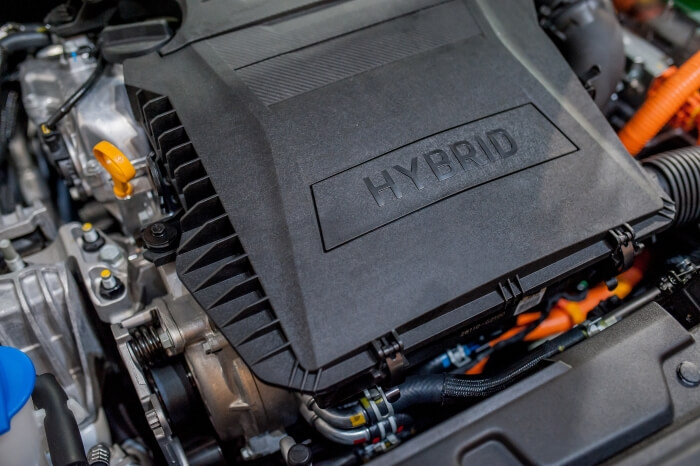
As soon as the battery reserves are exhausted, the combustion engine always takes over the complete work. One advantage over purely electric cars is the longer range of hybrids, as they can also be operated on fuel alone if necessary. An empty battery will not bring a hybrid to a standstill. In addition, the waste heat from the engine is used to heat the car. Electric vehicles powered solely by batteries must generate heat artificially with electricity, which puts a strain on the electricity storage system.
Do hybrid cars need special oil?
No, because hybrid cars are largely powered by combustion engines. They also require the same range of lubricants as these vehicles. You need engine oil, transmission oil, greases and coolant. Even in the special designs of serial hybrids, where the combustion engine is used as a range extender in the event of a battery bottleneck solely to charge the battery while driving, classic engine oils must be used in accordance with manufacturer specifications.
Requirements for oils for hybrids
The requirements for the oils differ only slightly or not at all from common lubricants. This is because even the diesel or gasoline engines installed in hybrid vehicles are only combustion engines for which the manufacturers provide exact specifications. These are decisive for the lubricant development at ADDINOL. Many oils with approvals for cars with combustion engines are therefore also approved for hybrids.
Since combustion engines in hybrid cars do not run permanently, depending on their design, the operating temperature of the engine may not be as high as in conventional combustion operation. Switching from the electric engine to the combustion engine depending on the driving profile is therefore comparable to an increased number of engine cold starts. In these cases, it is important that the engine oil has excellent temperature-viscosity properties in order to be able to protect against wear and corrosion at the critical lubrication points quickly enough even in cold condition. For this reason, we mainly recommend oils with a cooling character of 0W or 5W and viscosity layers with a smooth-running character of SAE 30, 20 or even lower depending on the manufacturer's specifications.
On the transmission side, hybrid cars rely almost exclusively on automatic transmissions. In terms of overall efficiency, these are now in no way inferior to manual transmissions. At the same time, they offer the necessary automation to make switching between the electric engine and the combustion engine almost imperceptible to the driver. In addition, the electric drive unit between the combustor and the drive train can be optimally integrated into it from an engineering perspective.
However, this is where the source of new challenges for the development of suitable transmission oils lies. During acceleration, but especially during brake energy recuperation, a great deal of energy is fed into the electric engine, which operates as a generator. This generates a lot of heat because the battery chemistry is not fast enough to use everything for charging. With the proximity of the electric drive unit to the gearbox housing, a strong heat input is then generated. This increases the temperature stress up to 180°C. Only modern high-performance additive technologies and high-quality base oils offer very good resistance to such high thermal loads on the automatic transmission fluid. For this reason, we only recommend the products of our latest generation of the ATF XN series.
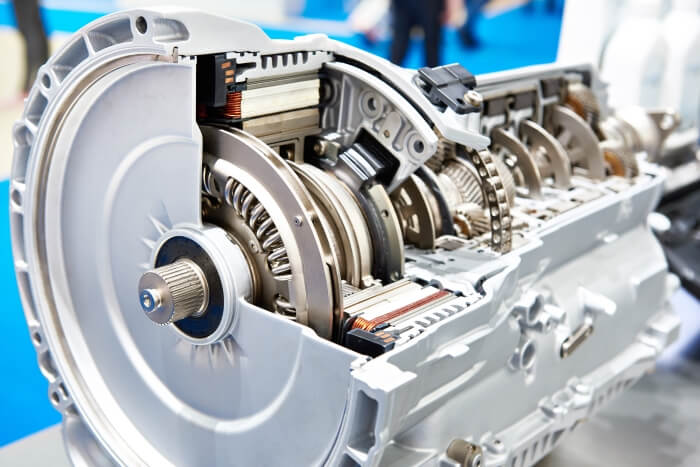
Our oils for hybrid cars
The product family of ADDINOL comprises a specific selection of products which can be used in hybrid cars without any problems. We have put together some engine and transmission oils for you for a first overview. If you want to know exactly which oils are suitable for your vehicle, ask our Oilfinder or contact the experts of our application technology department.
ADDINOL PREMIUM 0530 C3-DX
Specifications / Approvals:
ACEA C3
API CF, API SN
MB 229.31, MB 229.51, VW 505 00, VW 505 01, GM Dexos 2, Opel OV0401547-D30, MB 229.52
meets the requirements of:
BMW Longlife-04, Ford WSS-M2C917-A, GM LL-A-025, GM LL-B-025
ADDINOL PREMIUM 0530 DX1
Specifications / Approvals:
API SP-RC
ILSAC GF-6A, GM DEXOS 1 Gen 2, Opel OV0401547-G30
meets the requirements of:
VW 530 34, Chrysler MS-6395, Ford M2C946-A, Ford WSS M2C961-A1, GM 6094 M, GM dexos 1 Gen 3
ADDINOL Economic 0520
Specifications / Approvals:
API SP with Resource Conserving
ILSAC GF-6
meets the requirements of:
Ford WSS-M2C925-A, Ford WSS-M2C-930-A, Chrysler MS-6395, Ford WSS-M2C-945A, GM 6094 M
ADDINOL Economic 020
Specifications / Approvals:
API SP with Resource Conserving
ILSAC GF-6
meets the requirements of:
Ford WSS-M2C925-A, Ford WSS-M2C-930-A, Chrysler MS-6395, Ford WSS-M2C-945A, GM 6094 M
ADDINOL ATF XN 6
Specifications / Approvals:
meets the requirements of:
Aisin Warner AW-1, VW G 055 025, Nissan Matic-K, Nissan Matic-S, Toyota T-IV, Toyota ATF WS, MB 236.14, MB 236.12, MB 236.41, Volvo 1161540, VW G 055 005, VW G 055 162, GM 1940771, Jaguar C2C 8432, Ford WSS-M2C924-A, Ford WSS-M2C938-A, Hyundai SP-IV, KIA SP-IV, GM 1940184, BMW 83 22 0 142 516 and more
ADDINOL ATF XN 8
Specifications / Approvals:
meets the requirements of:
VW G 055 540, VW G 060 162, Ford WSS-M2C924-A, Ford WSS-M2C938-A, Ford Mercon LV, Land Rover LR023288, Chrysler 68157995AA, BMW ATF 3+, FIAT 9.55550-AV5, Jaguar 02JDE 26444, Hyundai SP-IV-RR, Honda ATF Type 3.1, Ford WSS-M2C-949-A, ZF 6HP, Ford SP XT-6, Ford SP XT-8, Ford SP XT-10 and more

